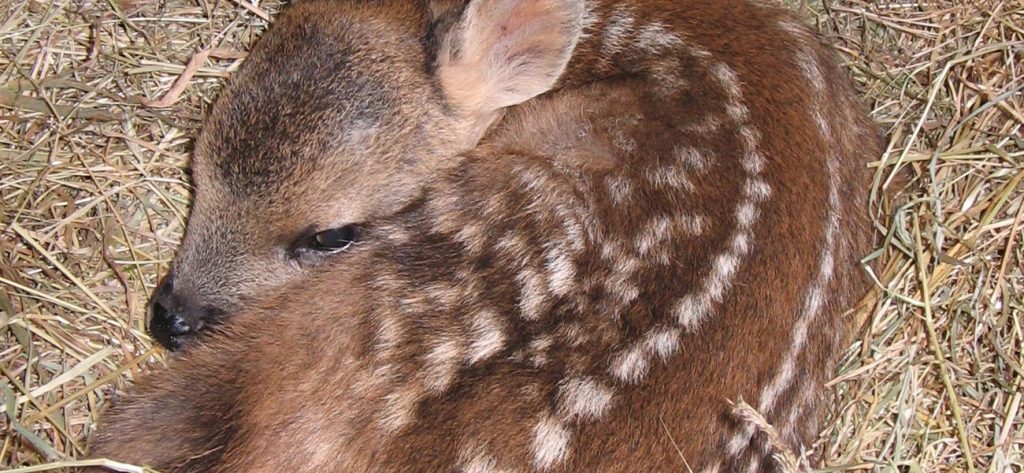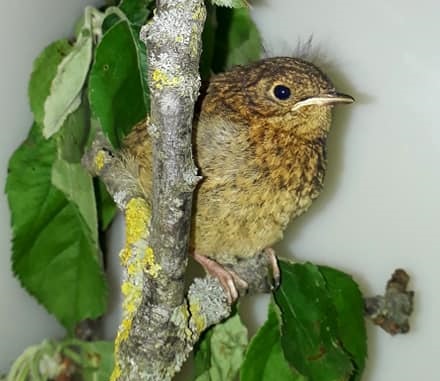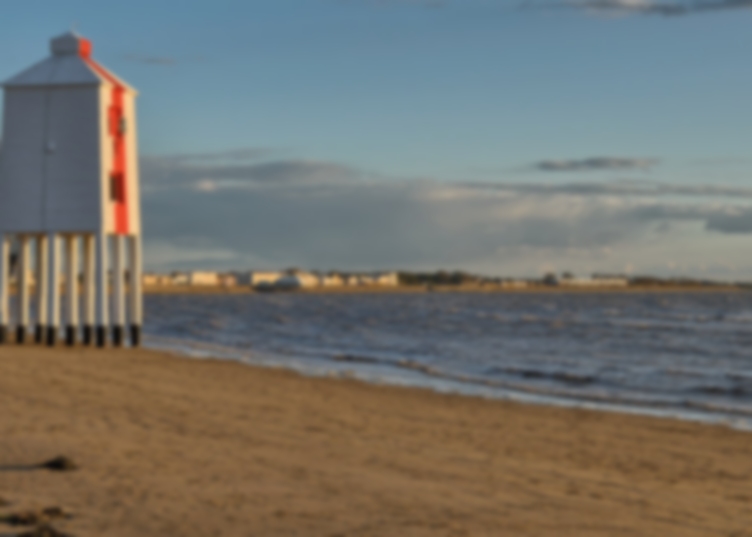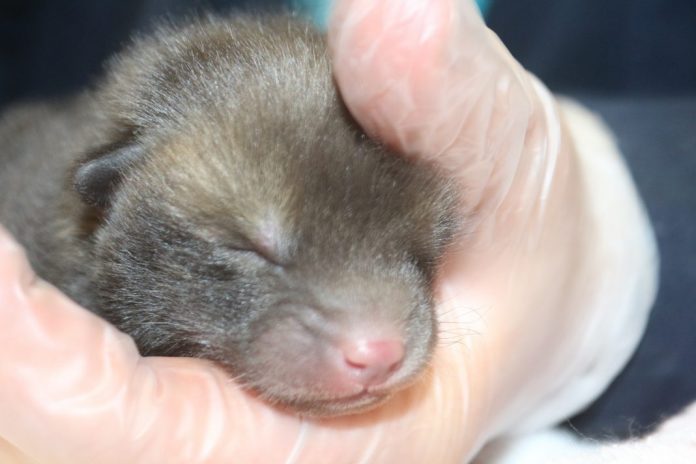Burnham-On-Sea wildlife carers at Secret World Wildlife Rescue have issued advice to local residents for how to deal with Springtime orphan during the Coronavirus lockdown.
The charity, based in East Huntspill, has currently scaled back its work to protect its staff and volunteers.
Secret World’s Marlies Hebdon told Burnham-On-Sea.com: “Many wildlife centres are either not accepting animals or trying very hard to reduce the numbers of animals coming in.”
“This is because some have paid staff that have been furloughed in order to reduce their expenditure and are working with a skeleton team.”
“It is the same for us at Secret World Wildlife Rescue. We run purely on donations and at this time that funding has stopped due to other charitable demands. Many volunteers are of a vulnerable status and unable to help.”

“Each year many ‘orphans’ are brought in when really they should have been left alone. If a wild animal appears to be well then it is usually best to leave it alone. In these modern days, people can always take a photo on their mobile before intervening.”
“They can then ring their local wildlife centre and send the photo to see if the animal really needs help. Wildlife will always do better if reared by their parents as they will learn about dangers, recognise calls telling them what to do in different situations and be taught how to hunt and survive.”
“If the animal does need help then our website at www.secretworld.org will give all the information needed to catch the animal, handling and transporting the animal concerned.”

She adds: “Many of us will be looking out at our gardens and watching wildlife. Garden birds must grow up very quickly and are only three weeks from the day of hatching to being fully fledged and moving out of the nest.”
“For the first two days they need to exercise their muscles to build up so that they can fly. This is when they are most vulnerable. Normally the fledglings stay in a hedge and will continued to be fed by the parent birds but if they fall on the ground then they are best lifted back into the hedge or bush nearest to where they are.”
“If you are worried about your cat when a brood is leaving the nest, it would help for the first two days to keep your cat indoors. After that time the juveniles should be independent and able to fly away from danger.”
“Young birds picked up away from imminent danger do not understand you are trying to help them, and they often die of shock within 24 hours. The message is to leave them alone if possible and if you do need to intervene, get the right advice as to what to do. We are always available for advice on 01278 783250.”











